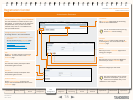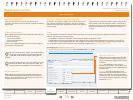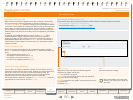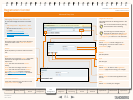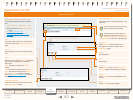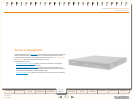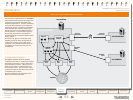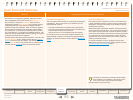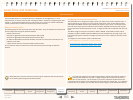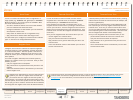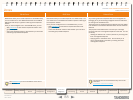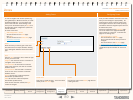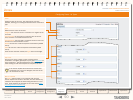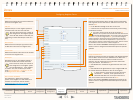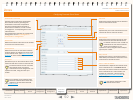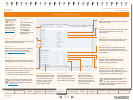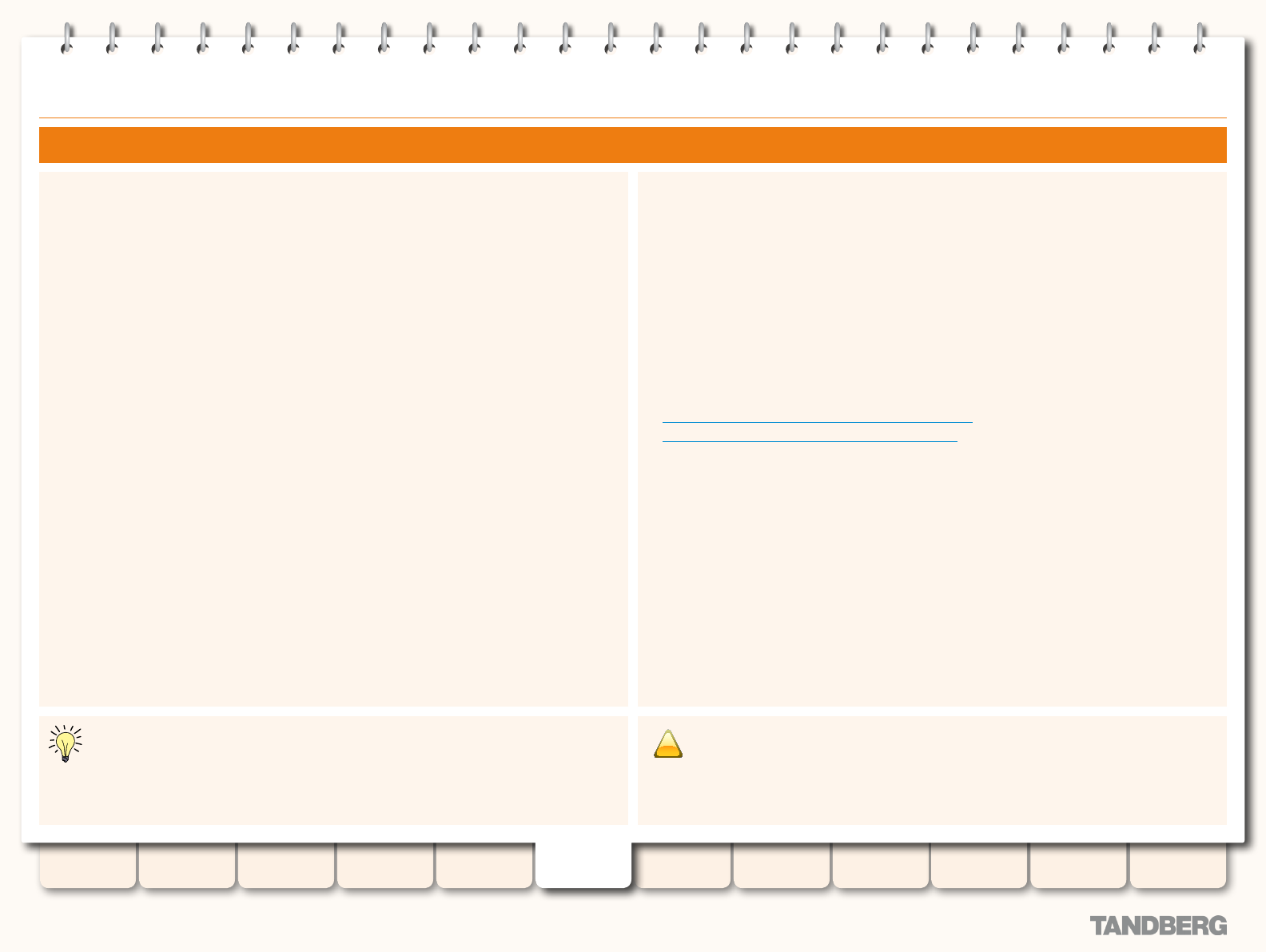
86
D14049.04
JULY 2008
Grey Headline (continued)
TANDBERG VIDEO COMMUNICATIONS SERVER
ADMINISTRATOR GUIDE
Introduction Getting Started
Overview and
Status
System
Conguration
VCS
Conguration
Zones and
Neighbors
Call
Processing
Bandwidth
Control
Firewall
Traversal
Appendices
Applications Maintenance
Local Zone and Subzones
Conguring the Traversal Subzone Ports
The VCS allows you to congure the range of ports to be used for the media in traversal calls. A
single traversal call can consist of up to 5 types of media (audio, video, far end camera control,
dual streams and BFCP) and each type of media may require a pair of ports – for example, audio
and video each require one port for RTP, and one for RTCP. Separate pairs of ports are required
for the inbound and outbound portions of a call. A single traversal call can therefore take up to 20
ports.
The default range for the ports to be used for media is 50000 - 51119 UDP, but these can be
changed to anywhere between 1024 and 65533. Ports are allocated from this range in pairs, the
rst of each being even. Therefore the range must start with an even number and end with an odd
number.
To congure the ports used for media in traversal calls:
VCS Conguration > Local Zone > Traversal Subzone
•
xConguration Traversal Media Port Star
•
t
xConguration Traversal Media Port En
•
d
The Traversal Subzone is a conceptual subzone; no endpoints can be registered to it, but all
traversal calls (i.e. calls for which the VCS is taking the media in addition to the signaling) will pass
through it. The Traversal Subzone exists in order to allow you to control the amount of bandwidth
used by traversal calls, as these can be particularly resource-intensive.
What are traversal calls?
The following types of calls require the VCS to take the media. They are classied as traversal calls
and will always pass through the Traversal Subzone:
Firewall traversal calls
•
calls that are gatewayed (interworked) between H.323 and SIP
•
calls that are gatewayed (interworked) between IPv4 and IPv6
•
for VCSs with Dual Network Interfaces enabled, calls that are inbound from one LAN port and
•
outbound on the other
a SIP to SIP call when one of the participants is behind a NAT.
•
All such calls will require a traversal call licence each time they pass through the Traversal
Subzone.
Traversal Subzone
!
You must ensure that the port range is large enough to support the maximum number of
traversal calls available on your VCS. A single traversal call can take up to 20 ports (5
pairs in each direction). So for example, if your VCS is licensed for 5 traversal calls you
must ensure that the range of ports congured for traversal media is at least 100. If you add extra
traversal calls to your system, you must also ensure that the range of ports available is sufcient.
STUN Relays also consume traversal call licences (three relays take one licence) but they
do not actually pass through the Traversal Subzone.



